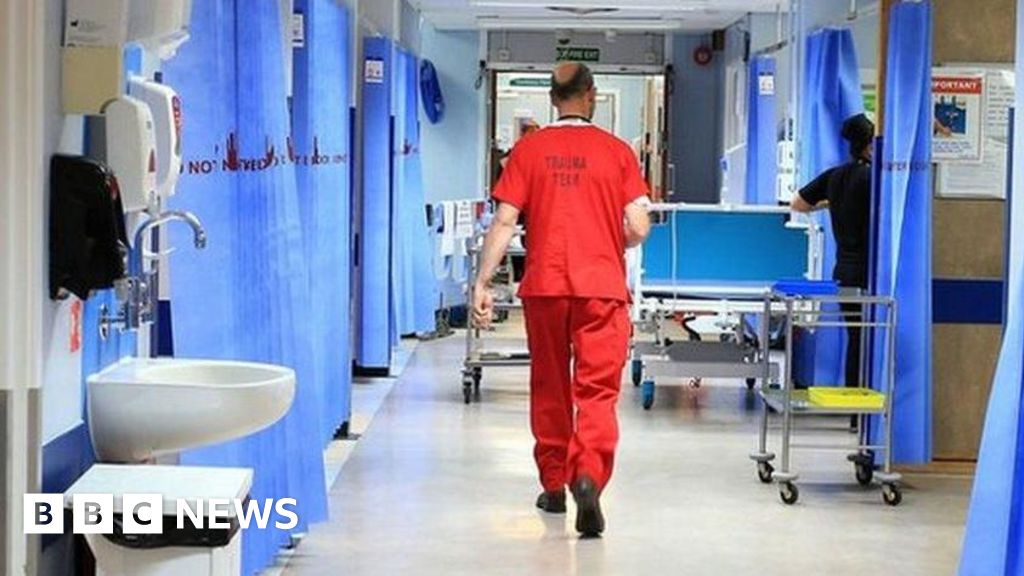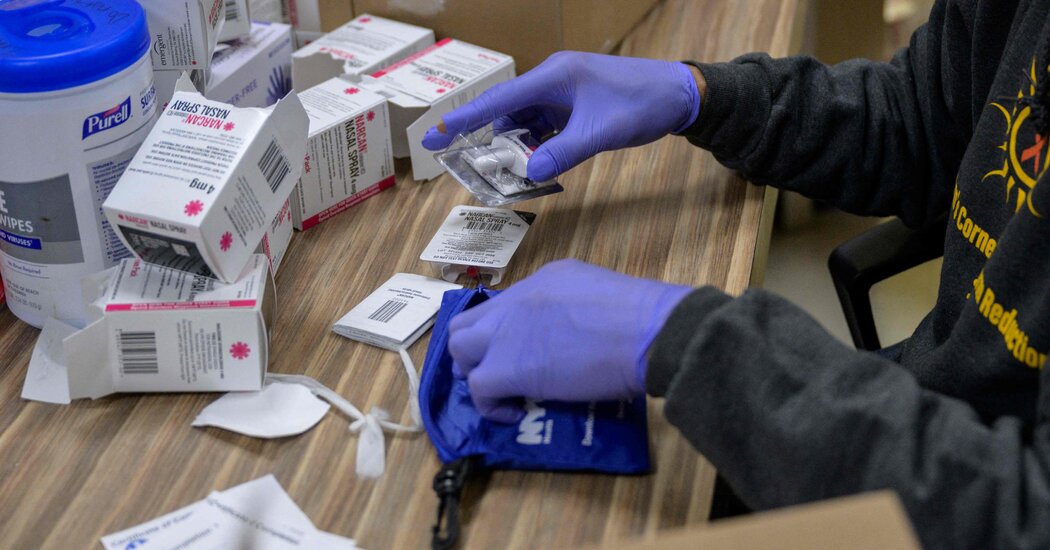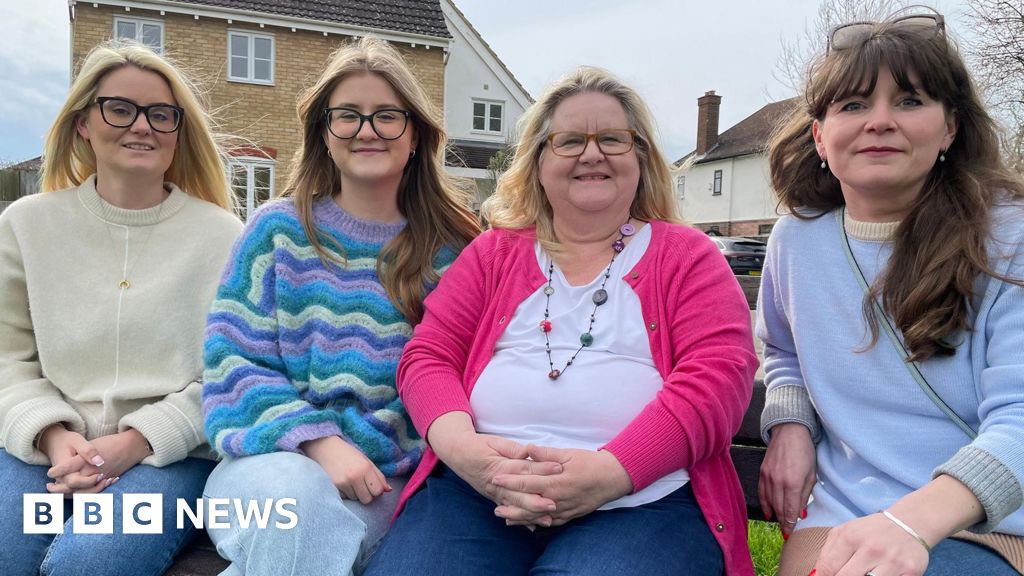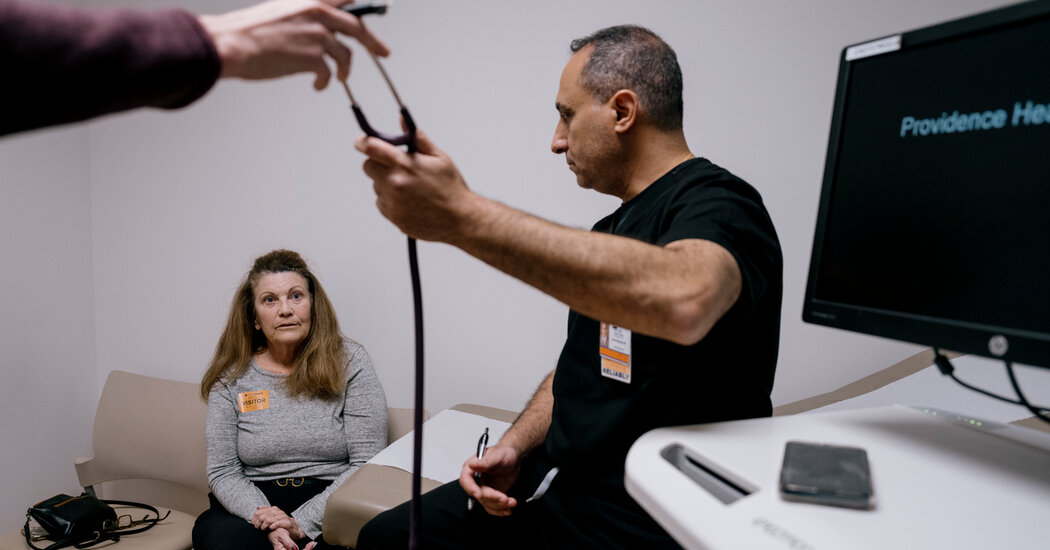1 hour agoShareSaveAlison HoltSocial affairs editorShareSaveGetty ImagesCare providers have said the government is taking away the “lifeline” of overseas recruitment without fixing the problems that make it difficult to recruit UK staff.Sir Keir Starmer, the prime minister, announced sweeping reforms to immigration on Monday, including plans to end the recruitment of care workers from overseas. Even with staff being brought in from other countries, official estimates show there were 131,000 vacancies in social care in England last year. Care companies said some services will struggle to survive without international recruits.”The sector has been propping itself up with dwindling resources, rising costs, and mounting vacancies,” said Prof Martin Green of Care England, which describes itself as the largest representative body for independent care providers.”Taking (international recruitment) away now with no warning, no funding, and no alternative, is not just short-sighted – it’s cruel,” he said.Sir Keir said the visa changes were part of a drive “to reduce immigration significantly” and that the government wanted to create “a migration system that is controlled, selective and fair”.The government said care providers could extend visas for existing staff and recruit migrants already in the UK who have yet to find a job. It also promised a new fair pay agreement for care staff and wanted companies to recruit and train more people from UK.However, Dr Jane Townson of the Homecare Association said the government was introducing the changes “in a vacuum” as a fair pay agreement is a long way off and there is “no plan to deliver the care workers our country needs.”Social care has been in crisis for years, with council funding of services squeezed, significant staff-shortages and growing demand from an ageing population. Plans for reform have been delayed time and again.While care workers were clapped along with health workers during the pandemic, that did not translate into an improvement in pay or status.About 1.7 million people work in social care in England, according to Skills for Care, the official body that monitors the workforce. It is often a minimum or just above minimum wage job, with little recognition of the increasing responsibility and complexity of the support staff provide to older and disabled people.Putting it bluntly, if someone can earn more working, for instance, in a supermarket for fewer, less strenuous hours, then that is the option many will chose.Post-Covid, some staff left care work because they felt burnt out while others who still loved the job felt they could not afford the increases in the cost of living.Between April 2021 and March 2022, social care vacancies reached a record high of 165,000, a 52% increase on the year before.By December 2021, the warnings of imminent collapse prompted Boris Johnson’s Conservative government to make care work a shortage occupation, making it easier for companies to look overseas for staff. Recruits had to earn a minimum of £20,480 a year to qualify for the visa, and they could bring family with them.There was a rapid rise in overseas recruitment – in 2022/23 80,000 people arrived in the UK to work in care and in 23/24, there were another 105,000 visas.Many care companies said bringing in those staff was the difference between providing services and collapsing. However, there was also abuse of this new route into the UK. For instance, some people were exploited, ending up paying middlemen thousands for travel and sponsorship certificates.The Home Office says 470 care companies have had their licence to recruit international staff revoked since 2022. It estimates that has led to about 40,000 staff being displaced. Companies say many will have already found alternative care work.In March 2024, Rishi Sunak’s Conservative government tightened the visa requirements. This included saying recruits could no longer bring family with them. It has led to a significant fall in the number of care workers arriving from abroad.In the year up to December 2024, 9,500 visas were granted to people entering the UK to provide “caring personal services”, according to the government.However, in the four years since staff shortages were most acute, relatively little has changed to encourage more UK people to work in care. There has been an ongoing government funded recruitment campaign and talk of the need to improve the pay and status of staff, but many workers fear solutions remain a long way off.The independent Casey Commission started work last month to draw up plans for adult social care. It has been described by ministers as a “once in a generation opportunity to transcend party politics and build consensus on the future of the sector”. Its first update is due next year and its final report by 2028.At a time when the NHS is struggling, social care is more important than ever as it can keep vulnerable people out of hospital and support patients when they return home.Many care workers will say it is an incredibly rewarding job and with overseas recruitment being closed, the question is what needs to change to encourage more UK people to take on the role?
Read more →








